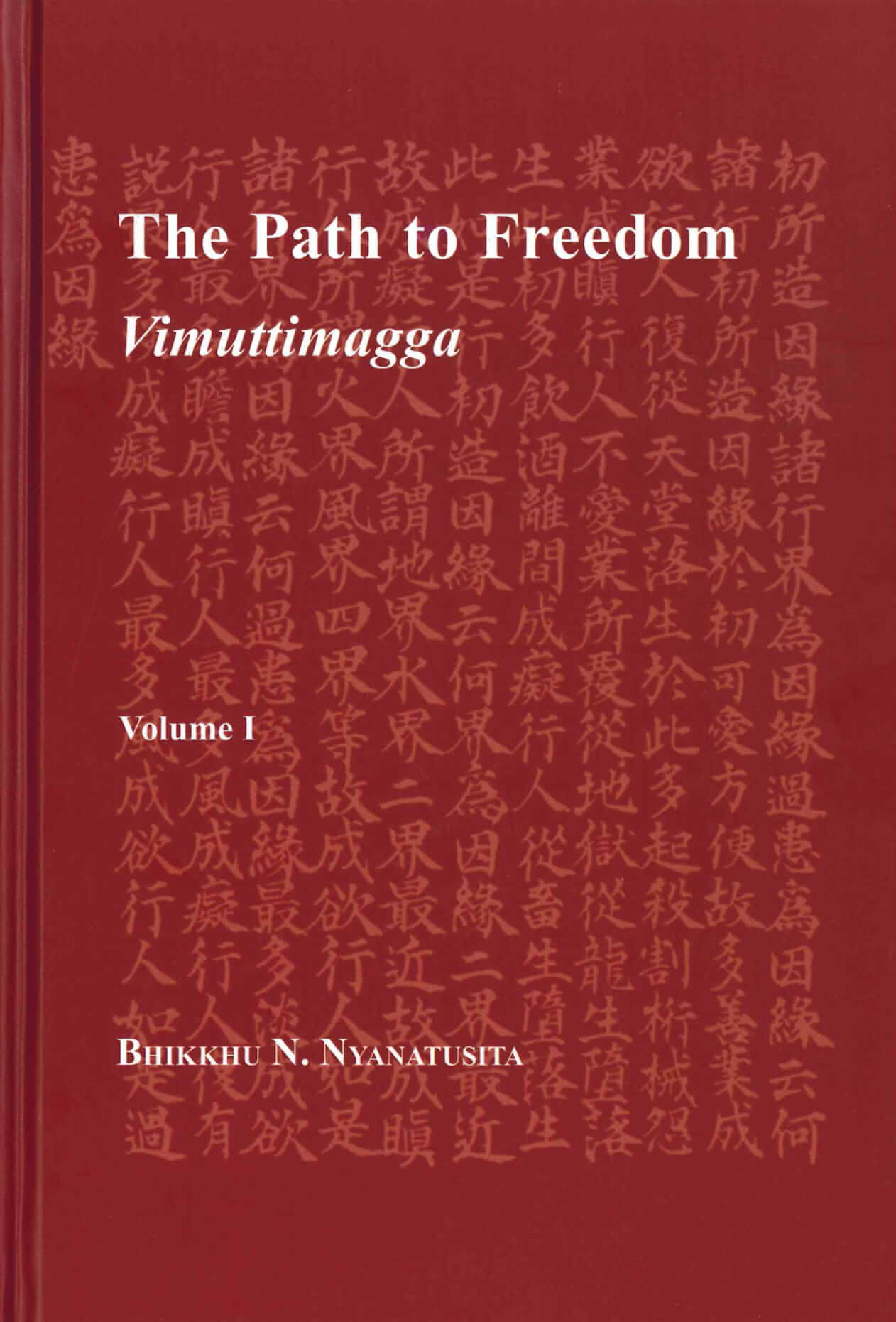Travel Guide to the Buddha’s Path
by Eric K. Van Horn
The Buddha’s training in conduct, meditation and understanding.
An outline of the teachings of the Buddha in the words of the Pali Canon, compiled, translated, and explained by Nyanatiloka.
A new rendering of the Dhammapada in English by Allan R. Bomhard.
Dhammapada or way of Righteousness, is the name of one of the canonical books of the Buddhist sacred scriptures. It is written in the Pali language. It consists of 423 stanzas. These are reputed to be the very words of Buddha. The Dhammapada commentary (in Pali Dhammapad-Attha-katha) is ascribed to Buddhaghosa, the greatest of all the Buddhist scholastics. This ascription is without due warrant, as appears from translator's introduction. The commentary purports to tell us "where, when, why, for what purpose, with reference to what situation, with reference to what person or persons," Buddha uttered each one of these stanzas. In so doing, the author of the commentary narrates 299 legends or stories. These stories are the preponderating element of the commentary, and it are these which are here translated.
Translated from the original Pāli text of the Dhammapada Commentary by Eugene Watson Burlingame, Fellow of the American Academy of Arts and Sciences; sometime Harrison Fellow for Research, University of Pennsylvania, and Johnston Scholar in Sanskrit, Johns Hopkins University; Lecturer on Pāli (1917-1918) in Yale University.
See also: http://www.archive.org/search.php?query=Burlingame%2C%20Eugene%20Watson%20AND%20mediatype%3Atexts
Highly Recommended! A well-compiled digital library containing hundreds of well-written Buddhist essays and electronic books about the Buddha's Teaching in English and Vietnamese.
Pāli texts translated to English – Nettippakaraṇa, Paṭisambhidāmagga.
Online book. A definitive guide to the Burmese 6th Buddhist Council edition of the Pali Scriptures written by U Ko Lay.
Acarya Godwin Samararatne was one of the best known lay meditation teachers in Sri Lanka in recent times, based at his meditation Centre at Nilambe in the central hill country near Kandy.
See also: http://www.dharmaavenue.net/e-drops/twws-15-godwin-samararatne#image-1
Ajahn Jamnian Seelasettho (also spelled as Ajahn Jumnien, Ajahn Jumnian, Ajahn Jamnean, or Ajahn Jumnean) is a remarkable Buddhist monk in the Theravada tradition and is highly revered throughout Thailand for his Vipassana (Insight Meditation Practice) teachings and his metta (radiant loving kindness).
Sayadaw U Tejaniya began his Buddhist training as a young teenager in Burma under the late Shwe Oo Min Sayadaw (1913-2002). After a career in business and life as a householder, he has become a permanent monk since 1996. He teaches meditation at Shwe Oo Min Dhammasukha Tawya in Yangon, Myanmar.
A series of websites on the Buddha’s teachings, featuring Ven Nyanavimala, Bhikkhu Sumedha, Henri van Zeyst, Ven Moneyya – with more coming soon...
prepared by
Ānandajoti Bhikkhu
Ajahn Sumedho is the senior Western disciple of the well-known Thai meditation master Ajahn Chah. He is currently abbot of Amaravati Buddhist Monastery in England.
Quotations from the book "No Ajahn Chah".
PaliNLP is a system that provides morphological tools for Pali.
The presented system is a first step in the direction of the morphological analysis of Pali. The system is already functional, proving the concept to be viable and promising. There is still some fine-tuning than can and should be done to improve this system, especially in the area of irregular declensions. Nonetheless, the system at the current stage of development should be able to process the majority of Pali words.
See also:
Introduction to the more important language families including Indo-European, Uralic, Altaic, Afro-Asiatic, Sino-Tibetan, Malayo-Polynesian, Niger-Congo, Dravidian and others.
Pali (Pāli, Pāḷi) online input method using Dart programming language.
See also: https://github.com/siongui/dart-online-input-method-pali
Comprehensive e-library of Pāḷi textbooks.
An in-depth appraisal of the usage and meaning of the nominal case forms in Pāḷi, with many examples and historical information.
A grammatical textbook for the Pali language with Burmese and Sinhalese script (alongside the Romanization), this edition offers a combination of the new (2015) and the old (1868), with some eccentric digressions into the Ashokan inscriptions, theories of the history and origins of the language, and anecdotes from an era when European archaeology and scholarship were (re-)discovering Theravada Buddhist philosophy.
Mason's approach to the language is based in the ancient grammar of Kaccāyana, and reflects the first (pioneering) attempts of Europeans to explain the language to a western audience (often making comparisons to Latin, Greek and Sanskrit).
This can be used in conjunction with the three other (free!) PDF textbooks for the Pali language available for download (at www.pali.pratyeka.org).
Pali words combine in several different ways to make new meanings. Alan McClure Explains those types for those who want to decipher compound words.

